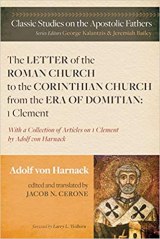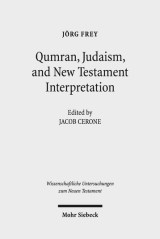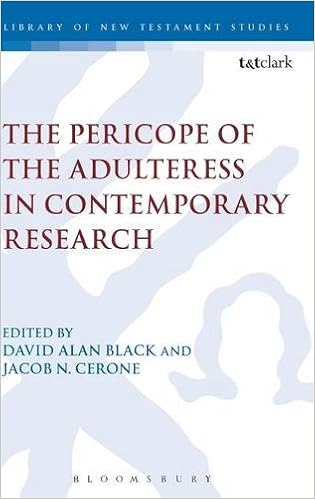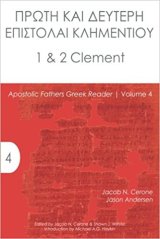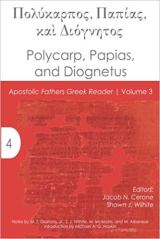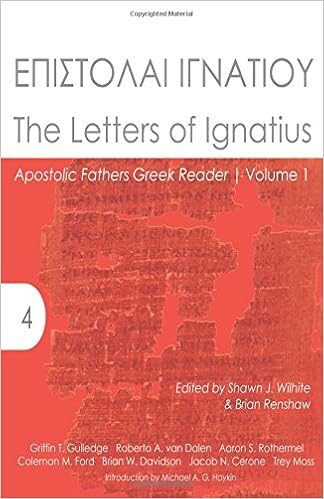In the grand scheme of textual issues in the Hebrew Bible, Ezekiel 3:5 would be one of those passages that would go unnoticed. And for good reason. The passage reads (according to Masoretic punctuation) כִּי לֹא אֶל–עַם עִמְקֵי שָׂפָה וְכִבְדֵי לָשׁוֹן אַתָּה שָׁלוּחַ אֶל–בֵּית יִשְׂרָאֵל “for not to a people deep of lip and heavy of tongue you are sent, to the house of Israel.” The editors of the Biblia Hebraica Stuttgartensia suppose that the last prepositional phrase “to the house of Israel” is an addition to the text.
This supposition is offered presumably due to the inherent difficulties of the text in its current construction, though Leslie Allen believes it to be a marginal gloss. [1] As the text stands, there are two verbless clauses that span from verses 5 and 6. The English translation of these verses is as follows:
For not to a people deep of lip and heavy of tongue you are sent, to the house of Israel. Not to many peoples deep of lip and heavy of tongue, whose words you do not understand. Surely, if I sent you to them, they would listen to you.
While eliminating the phrase “to the house of Israel” reduces the difficulty of the text, this option is not attested by the versions. BHS offers no evidence for the alternative reading. The Göttingen Septuagint has no variant reading for πρὸς τὸν οἶκον τοῦ Ἰσραηλ “to the house of Israel.” The Vulgate and the Targums are also unanimous in their attestation of the phrase. It seems more likely, on the basis of the textual evidence and the principle of the more difficult reading, that the phrase “to the house of Israel” should remain in the text.
How, then, are we to understand the grammatical difficulties posed by the two verbless clauses?
Option 1: The verbal phrase אַתָּח שָׁלוּחַ “you are sent” has elided in the subsequent clauses. An English representation of this option looks like this:
For not to a people deep of lip and heavy of tongue you are sent, [you are sent]to the house of Israel. Not to many peoples obscure of speech and heavy of tongue [you are sent].
Option 2: The verbal phrase אַתָּח שָׁלוּחַ “you are sent” does double duty for the two clauses. Daniel Block writes, “Without the inserted conjunction ‘to the house of Israel’ is abrupt. But ‘atta saluah probably does double duty, functioning as the fulcrum between negative and positive prepositional phrases” (emphasis mine). [2]
Block’s proposal is appealing. He recognizes that the two prepositional phrases are closely related. The absence of an intervening contrastive conjunction binds the two clauses together. The fact that the clauses share the same verb, strengthens that tie. The resultant translation is as follows:
For not to a people deep of lip and heavy of tongue, you are sent, to the house of Israel. Not to many peoples obscure of speech and heavy of tongue.
Notice in this translation there are two commas surrounding the verbal phrase. The second comma indicates that the verb belongs with the first prepositional phrase. The first comma indicates that the verbal phrase also belongs to the second prepositional phrase.
Appealing though this solution may be, it doesn’t address the absence of the verb in the third phrase. Has it elided? If so, why not go with the easier option 1? I believe that a third option that uses a clausal analysis to discern the underlying structure provides a better solution.
Option 3: The atnach (the Masoretic symbol indicating a break between clauses) should be placed before the verbal phrase. As it stands, the MT reads “For not to a people deep of lip and heavy of tongue you are sent.” I propose that the text should read:
“For not to a people deep of lip and heavy of tongue, you are sent to the house of Israel, not to many people deep of lip and heavy of tongue.
Here is a .pdf copy of the clausal analysis I did. Notice that the passage under consideration (3:5-6) is all part of a single כִּי ‘for’ clause. The first phrase is a negated לֹא “not” prepositional phrase with the object “a people.” Next we find the center of the clause “you are sent to the house of Israel.” Even in this clause we find parallels with the previous phrase. אל בית ישׂראל “to the house of Israel” uses the same preposition as the previous prepositional phrase. The object of the preposition in this clause is contrasted with the previous objects (Ezekiel is sent to the house of Israel. He is not sent to a people). Finally, the third prepositional phrase is a direct parallel with the first. Every element is present in the third that is present in the first. [3]
What is the overall takeaway? Though I believe that all of above options are plausible, I think that option 3 strengthens the ties between all three clauses, provides a satisfactory grammatical explanation of the features present in the text, and places the focus on Ezekiel’s doomed mission to the house of Israel.
______________________________________________________
1 Leslie C. Allen writes, “The MT reflects the general textual tradition in adding אל–בית ישׁראל ‘to the house of Israel,’ which is hardly in apposition to the ‘people’ of v 5a but evidently intended as a contrast, as if ‘(not . . . ) but to . . . ‘ The construction is awkward, אתח שׁלוח ‘you are sent’ doing double duty. The phrase surely originated as an old marginal gloss on אל–בני ישׂראל ‘to the sons of Israel’ in 2:3, recording a seemingly correct variant such as the Vorlage of LXX contained. It was wrongly taken with the very similar context of 3:6 in the next column and incorporated into the text.” Ezekiel 1-19, Word Biblical Commentary, vol. 28., (Word Books: Dallas, 1994.), 12.
2 Daniel Block, The Book of Ezekiel Chapters 1-28, New International Commentary of the Old Testament, (Grand Rapids: Eerdmans, 1997), 127.
3 The third clause does posses multiple additions from the first. The first of which is עמים רבים “many people.” The second addition is a rather lengthy relative clause that furthers the condemnation God is pronouncing on the house of Israel. If Ezekiel had been sent to “a people deep of lip and heavy of tongue” they would have listened to him, despite the language barrier.


